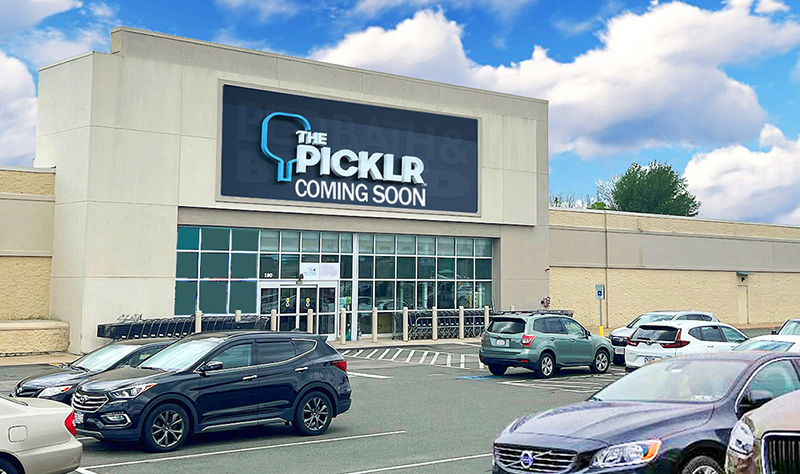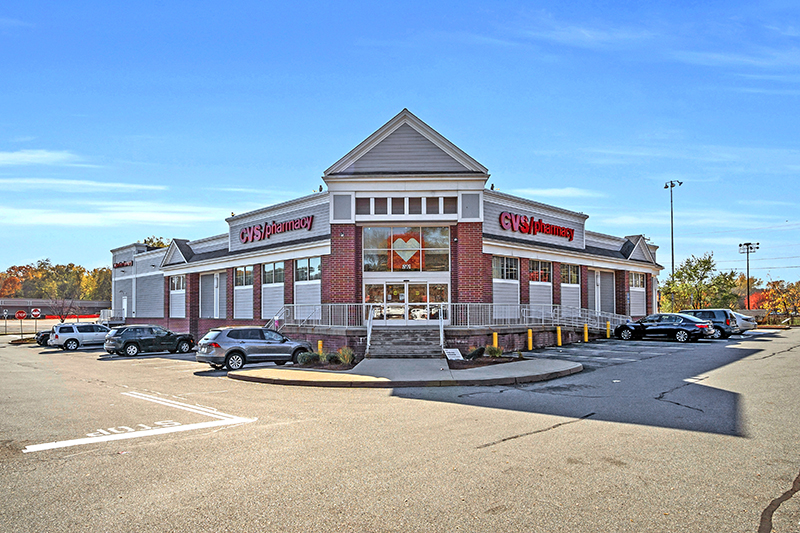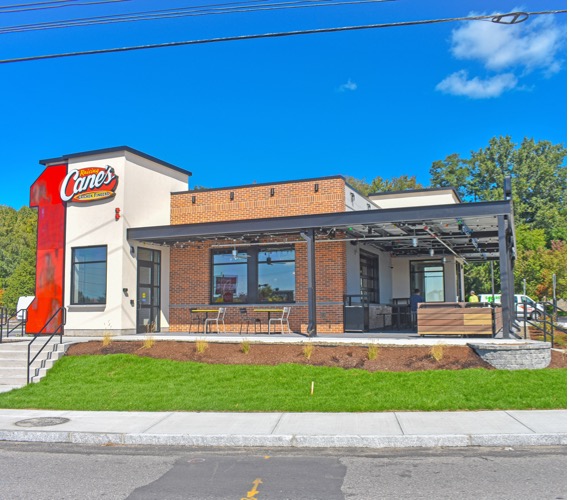News: Retail
Posted: August 21, 2014
Downtown and Main Street real estate - Beauty is in the eye of the investor
After almost two decades of economic development, in good times and in bad, the projects that keep me up at night, brainstorming for solutions, are not the top secret industrial park projects or the complicated shopping center agreements; it's the "hanging by a thread" downtown investments that have the power to transform Downtowns and Main Streets all over New England.
Great real estate investments in New England downtowns are readily available depending upon what you and your client's investment goals are. Historic restoration, adaptive reuse, urban infill, residential, commercial, mixed-use, it is not one-size-fits-all. There are methods to make each type of project a success and pioneers like Dick Anagnost, Steve Duprey, Eric Chinburg have created models to follow in Downtown investment projects. Bob McGuire, Norm Vetter and Newton Kershaw have successfully invested in Downtown Rochester N.H. projects using some of the same principles and incentives that would go into large redevelopments.
Whether for Love or Money - Know What Approvals
You Will Need
It is common for New England Downtown Districts to economically "underperform," that is have higher vacancy rates and require more municipal services, contributing fewer tax dollars per s/f than the nearby highway or suburban developments. That is not all bad news to an investor since it can open the door for opportunity to acquire low-cost locations with potential to generate new activity and revenue. Extra care is required during the due diligence phase to understand what individual communities and historic boards may require above and beyond basic code requirements. Many New England locations also were built on rivers or waterways, and environmental regulations will be enforced, however water views or access can often increase values when used as a property amenity.
Visiting the community economic development, planning and permitting office will give you significant insight into what approval process will be required for your project and how much assistance you will have from local staff. Ideally the development services offices will be able to fill you in on what's been adopted by the community to make investment easier.
Incentives - What's
Your Number?
New England states have developed a variety of unique incentives to attract investments into Downtown real estate. Contact local economic development professionals and downtown revitalization organizations such as Main Street Programs for complete lists of available incentives. You may find resources like these:
* Small Business Loans - Commercial tenants can apply for low interest loans generally up to $50,000, to spur job creation and Downtown economic investments.
* Sign & Façade Grants - Tenant or building owner benefit for exterior improvements or ADA compliance, eligible applicants receive grant funds toward their investment.
* Community Revitalization Tax Relief RSA 79e Credits - NH Property tax incentive program for building owners making significant improvements to Downtown & Historic buildings.
* Energy Efficiency Loans - Provides direct loans to businesses to improve energy efficiency in NH workplaces. Flexible underwriting standards & loan terms, various sources incl. credit unions.
* Federal Historic District Tax Credits - This program preserves historic buildings, stimulates private investment, creates jobs and revitalizes communities, it is administered by the National Park Service, Internal Revenue Service and state preservation office. http://www.nps.gov/tps/tax-incentives/taxdocs/tax-incentives-2013statistical.pdf
* New Markets Tax Credits - Designed to encourage economic development in low income communities, eligible census tracts and project criteria available on www.nhbfa.com
* NH Economic Revitalization Zones (ERZ) - This is a tax credit against the business profits and enterprise taxes in N.H. To qualify, the location must be in an underutilized industrial park, or structures in previously used for industrial purposes or Brownfield site. Rochester's Downtown has been designated an ERZ because of the former industrial life and underutilization.
* R&D Tax Credits - This is a credit against business taxes paid to state taxes.
The Greatest Reward
Downtown investments in New England are not for everyone, but can provide tremendous financial and community rewards for those who undertake projects involving historic restoration, adaptive reuse, urban infill, residential, commercial, and mixed-use. An example of the development is Elm Grove Companies, headed by Newton Kershaw, which recently has been celebrated on the front page of the Rochester newspaper for his successful refurbishing of apartments at 6 North Main St.
The firm spent around $250,000 on the upgrade, including exposing the brick walls, and uncovering, sanding and sealing the attractive hardwood floors. There are 24 apartments total, comprised of 19 studios, four one-bedrooms and one two-bedroom. The rents for the apartments include heat and hot water; the firm's strategy of targeting the student and young professionals market is bolstered by the nearby university, technical community colleges and advanced manufacturing firms in the neighborhood.
By renovating these types of projects, utilizing the tax credit and incentive programs, the result is a spectacular gem in the downtown. This downtown investment welcomes in a new era of appreciation for the graceful building structures of the past, while offering modern upgrades and attracting the waves of shops and restaurants that make a community a true destination.
Karen Pollard, CEcD, EDP, is economic development manager for the city of Rochester, N.H.
Tags:
Retail
MORE FROM Retail
Mace of KeyPoint Partners negotiates 36,192 s/f lease for The Picklr at Endicott Square
Danvers, MA KeyPoint Partners (KPP) negotiated a lease with the nation’s premier indoor pickleball venue The Picklr at Endicott Sq. Vice president of retail brokerage Don Mace negotiated the transaction on behalf of the landlord.





.jpg)


